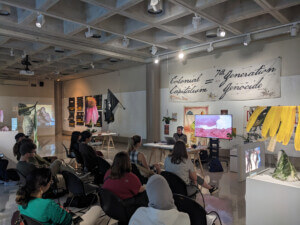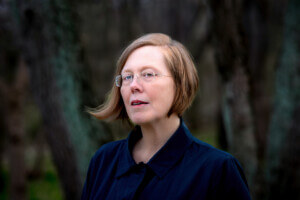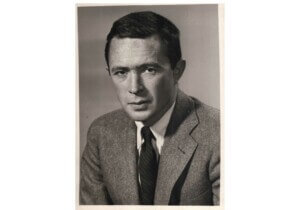In a recent article, Los Angeles—based architect and educator Peter Zellner called for a reassessment of the contemporary state of architectural education. His article, part cri de coeur, part manifesto, launched a great deal of debate, including a response by Todd Gannon, cultural studies coordinator at SCI-Arc.
As a result, Zellner is now in the process of launching a new educational endeavor to hopefully carry out some of the changes he’d like to see made. His new project, the Free School of Architecture (FSA), will launch in the summer of 2017 as a “tuition and salary free” school seeking to “explore the edges of architectural education.” The Architect’s Newspaper talked to Zellner about FSA as he prepares for its inaugural semester.
The Architect’s Newspaper: Can you describe what FSA is (or will be) and why you decided to start a school?
Peter Zellner: The Free School of Architecture (FSA) was started partially as a direct follow up to the concerns I outlined in my article.
While the idea for FSA is still gestating, I can describe what it won’t be. The Free School of Architecture will not be accredited, will not offer professional degrees, will not create a need or an opportunity to teach for salary, will not provide course credit or reciprocity with traditional institutions and will not have a permanent home.
FSA is a stand alone and autonomous organization and its primary goal is to absolve both students and teachers of conforming to established models of thinking.
We will see what emerges in 2017 but my hope is that over the course of a few years new, independent and diverse voices emerge from the school. Conversations originating at the Free School of Architecture may eventually be captured and published out by a sister organization being established next year, the Free Architecture Press (FAP).
What are the central tenants of FSA?
FSA’s central tenants are:
1. To promote free and critical thinking in architecture;
2. To encourage a diverse community of students and teachers to explore the edges of the profession and the discipline;
3. To create a free and safe zone for debate and new ideas to emerge;
4. To question the need to ratify or sanctify official architectural positions and doctrines;
And most importantly:
5. To create an academic milieu in which young, diverse and independent architectural voices can emerge organically.
What role does the fact that FSA is “tuition and salary free” play in the political objectives of the school?
I think the point of creating a “not tuition-driven, not-over-salaried-educator friendly architecture school” is pretty simple: Students and teachers will be no longer forced into their usual roles and ideas can be literally exchanged for free. That doesn’t release or excuse either the students or teachers at FSA from having to argue for the value of their ideas. In fact, it elevates the need for real debate and exchange.
Your article for AN focused on the need to revisit the current conditions of so-called radical school from the prior generation. In this vein, how does FSA relate to Baudrillard’s notion of the dialectical utopia?
Well, I am no expert on Baudrillard but my understanding of his concept is that essentially utopias are “indissociable” from active social processes and therefore are in a continuous and dialectical, often “unharmonious,” relationship with the present or present situations. So I guess his point is that utopias exist now, not in the future, and they rub up against existing orders.
That said, I do believe that the present is built on the past (specifically, in several avant-garde architecture school cases—the works conducted in the 1970s and 1980s in London, Los Angeles and New York), so I am not at all naive about how we have arrived here or unabashed about referring the past to create a new present-future. By this I mean to radically re-open—without any nostalgia—the legacy of the Architectural Association in London under Alvin Boyarsky, SCI-Arc under Ray Kappe, as well as the academic and intellectual leadership of John Hejduk at the Cooper Union and Peter Eisenman at the Institute for Architecture and Urban Studies.
Old and good ideas are absolutely fair game, no one owns them and we all need to feel free to re-frame those academic moments and mine them for new approaches. Anyone who tells you otherwise or claims those ideas as their own or that they must belong to this clan or that school is being disingenuous. Architecture advances without hegemonies and FSA will not promote the usual academic hierarchies, it intends to upend them.
In your first year, how many students do you aim to have? How many courses do you aim to teach?
12 students will join 10 teachers in June and July of 2017 for 6 weeks.
12 courses will be taught of which I will teach two classes, to open and close the year. The remaining 10 will be taught in 30, 60, and 120 minute blocks by the FSA’s 10 teachers.










